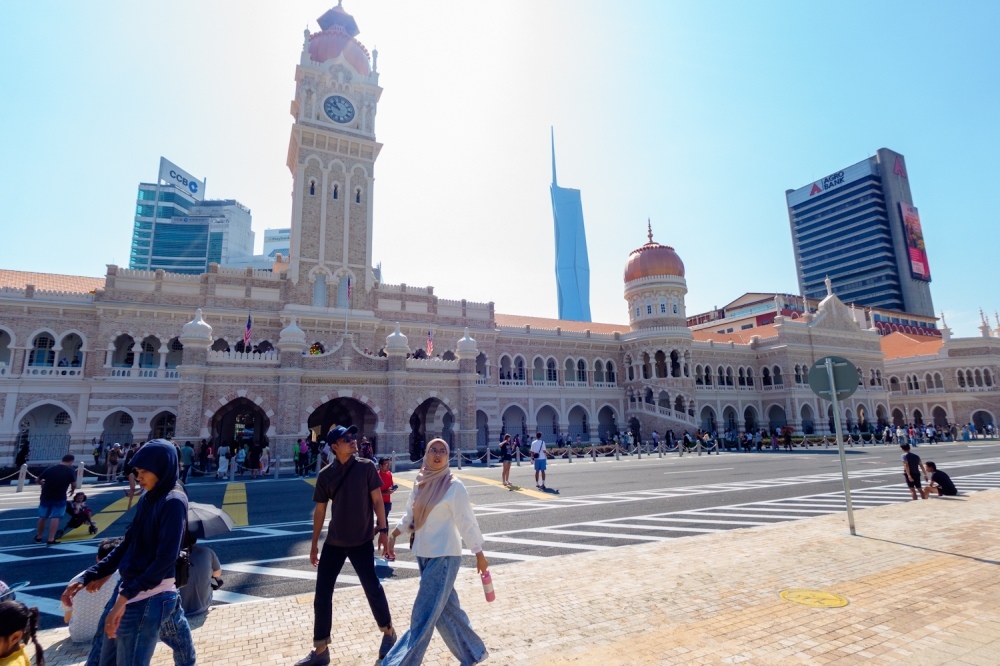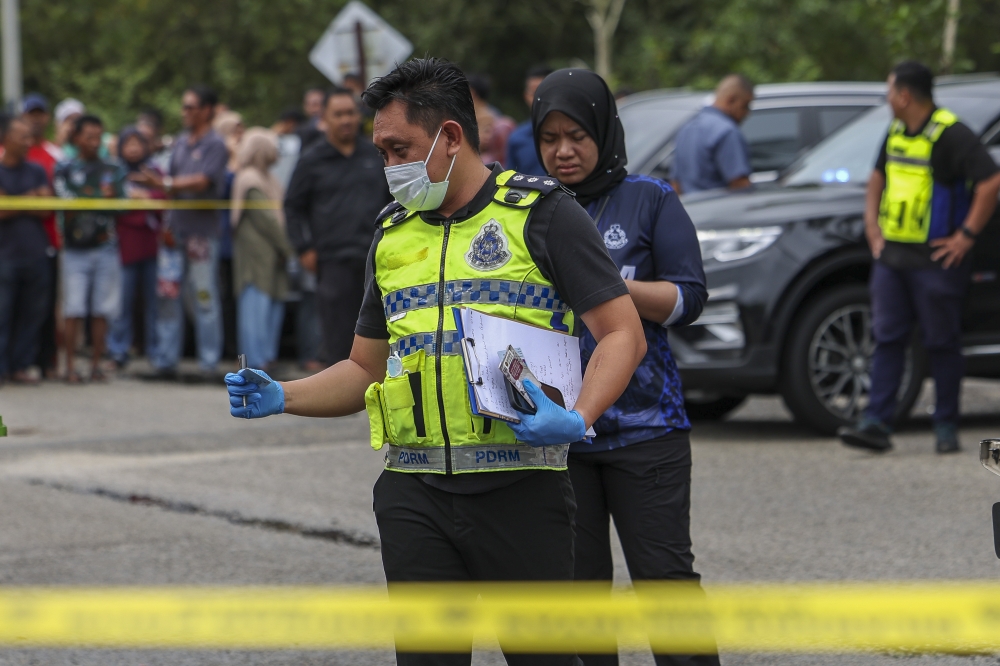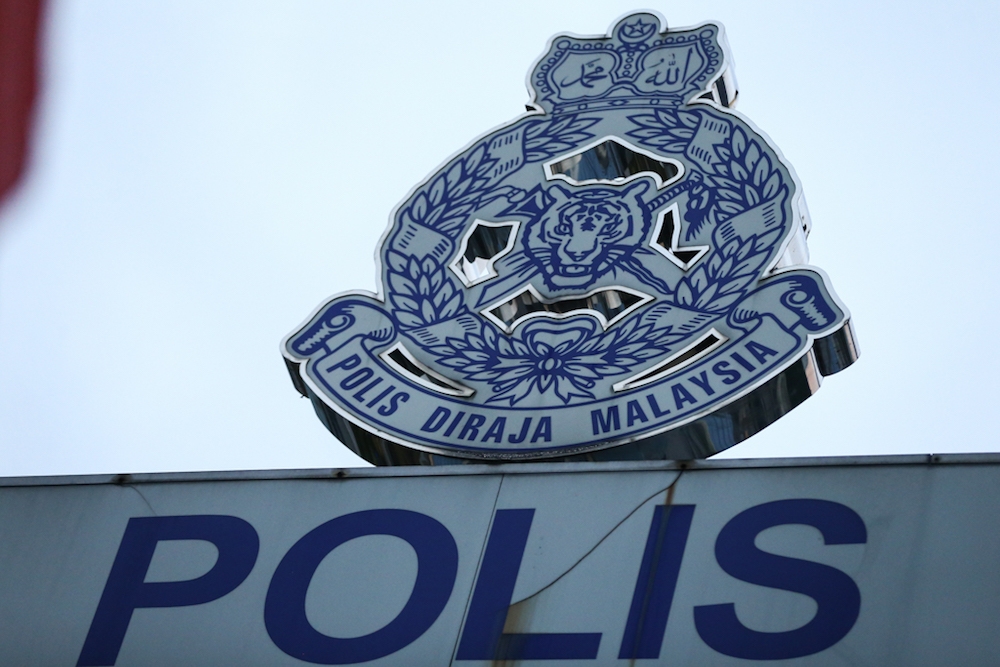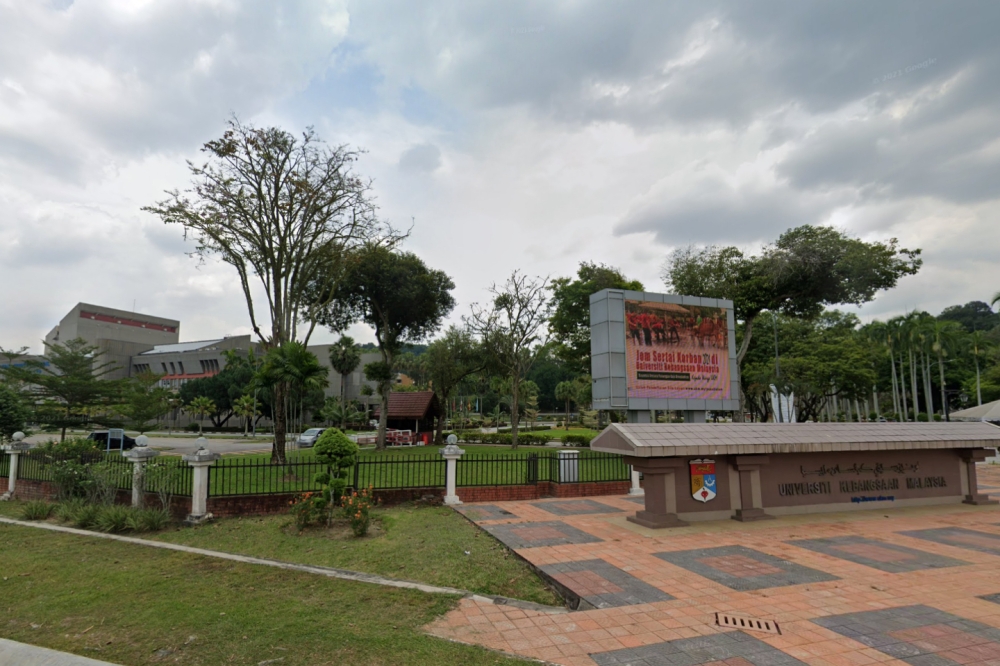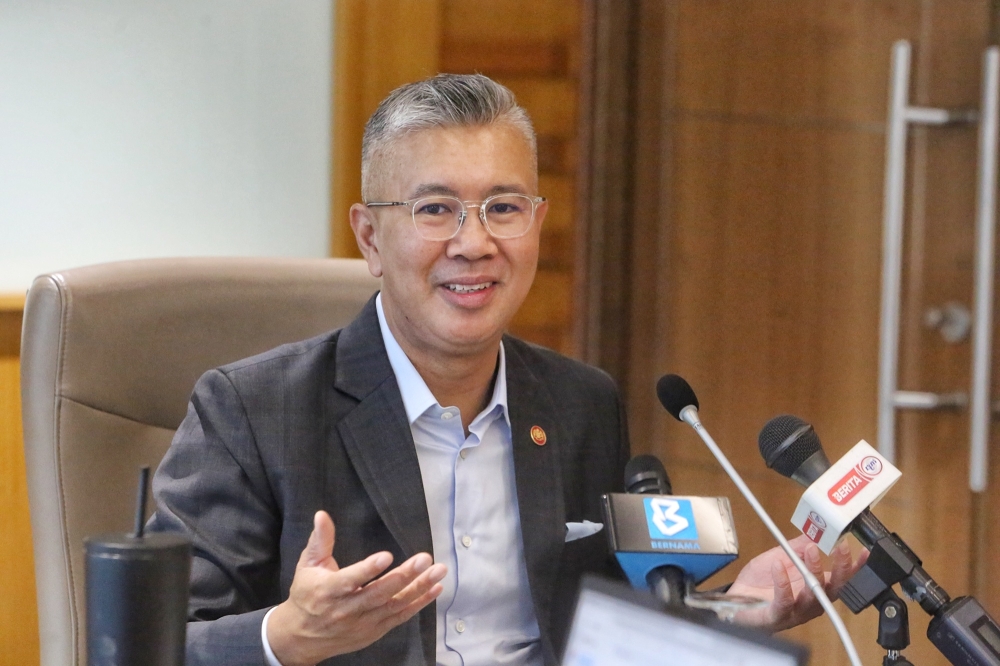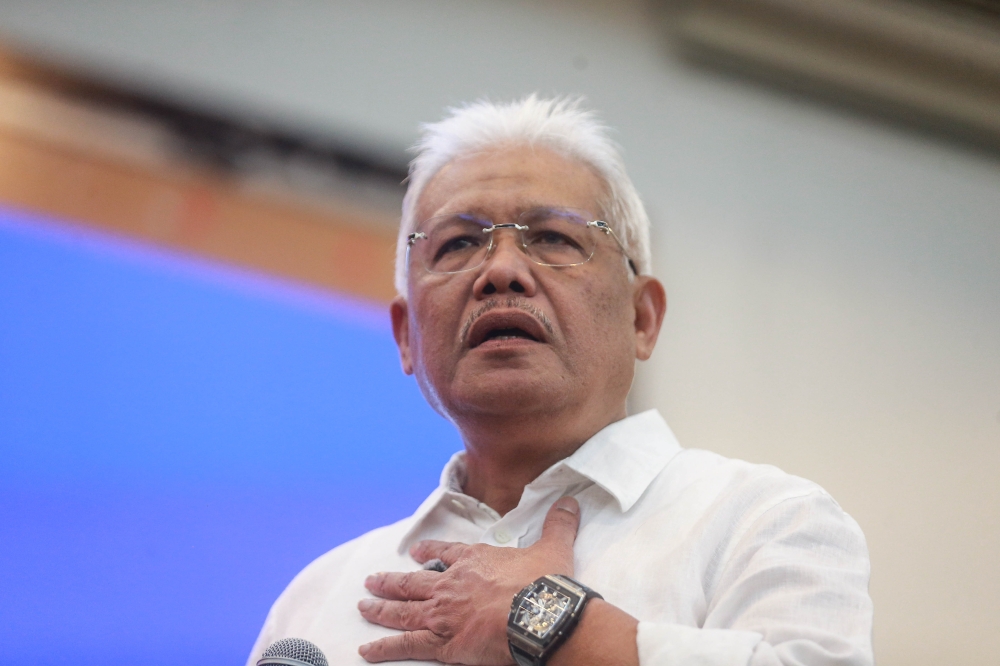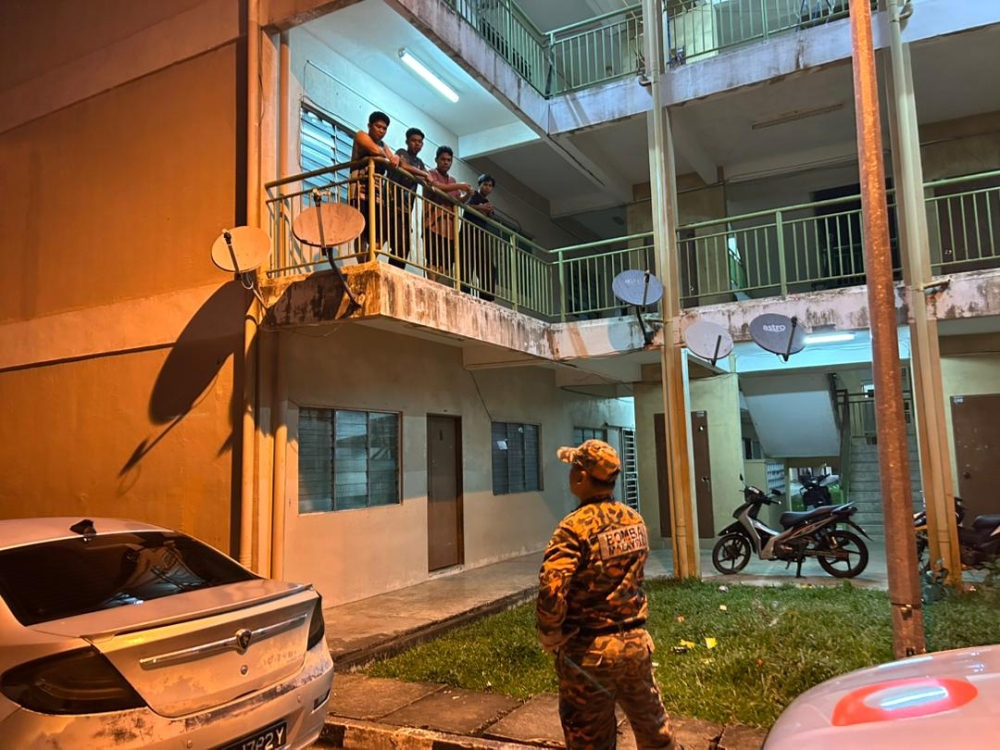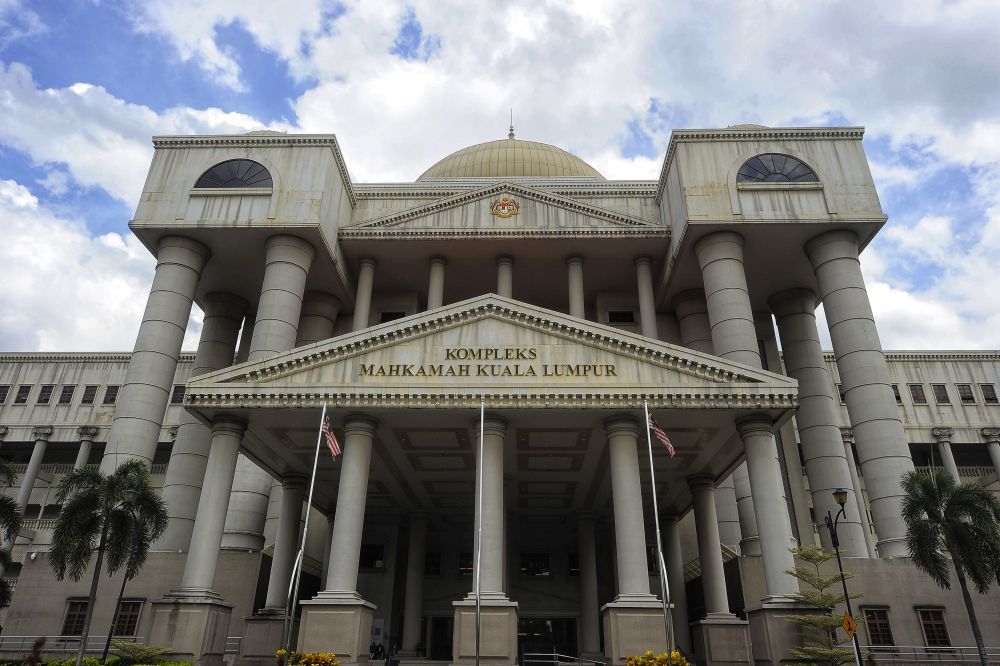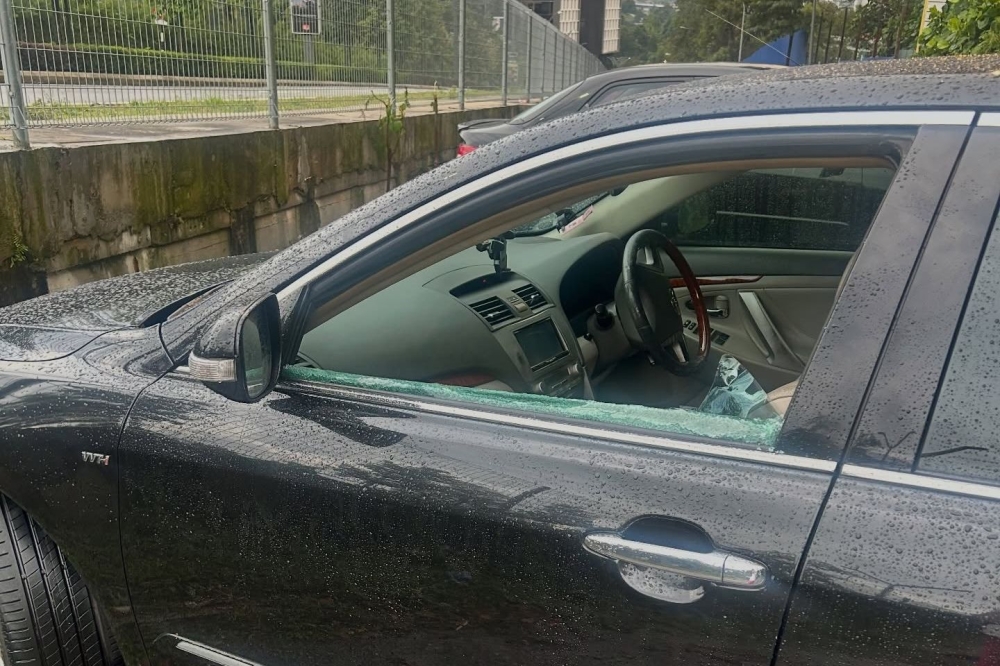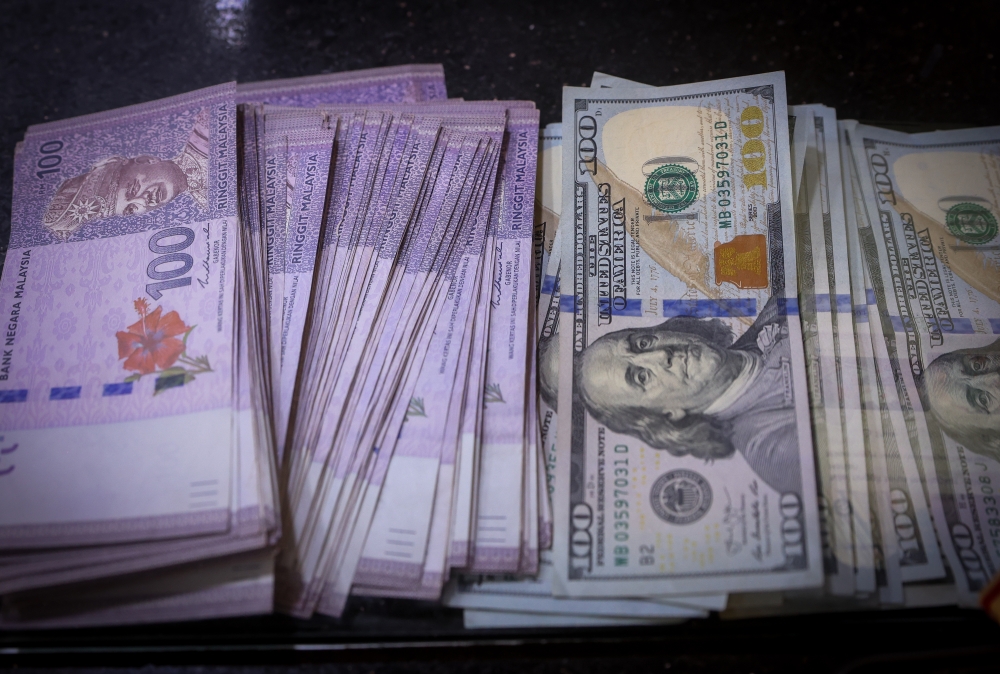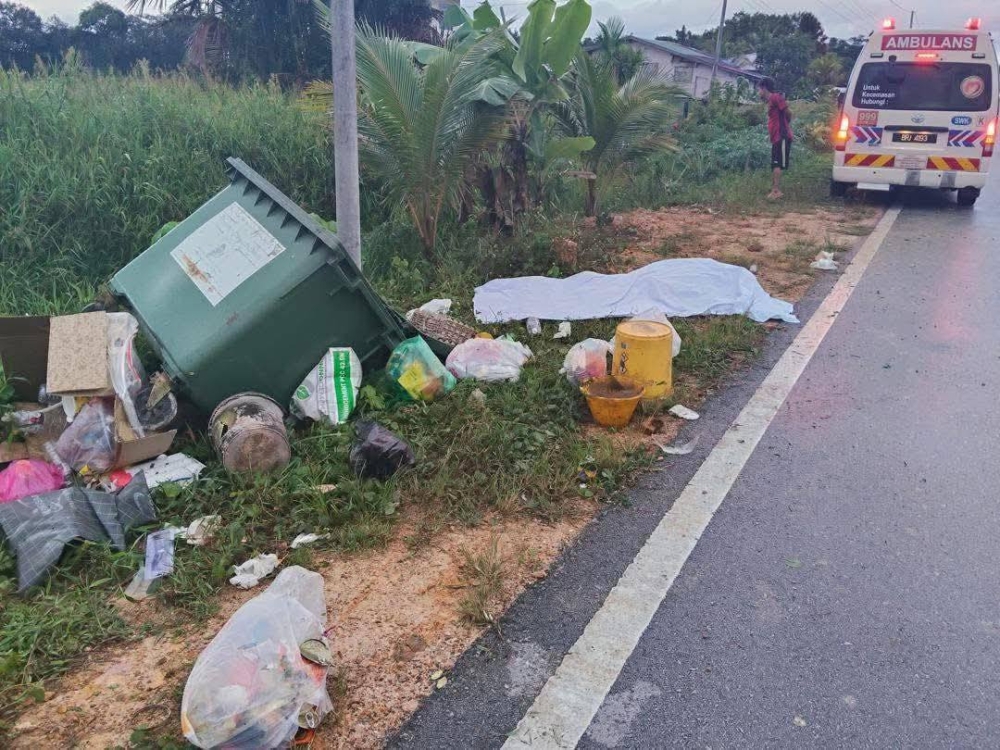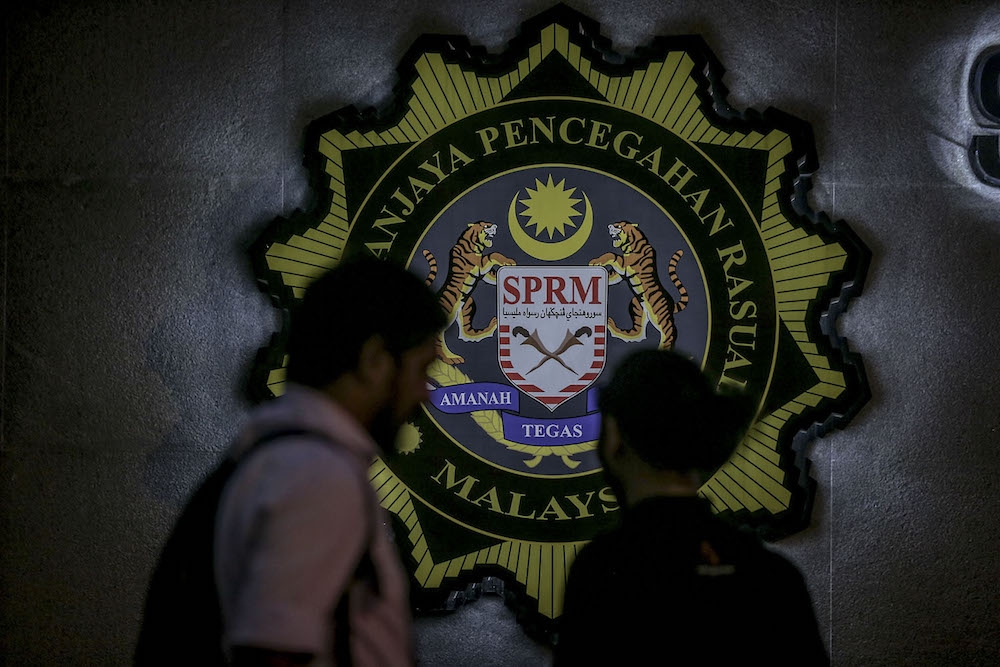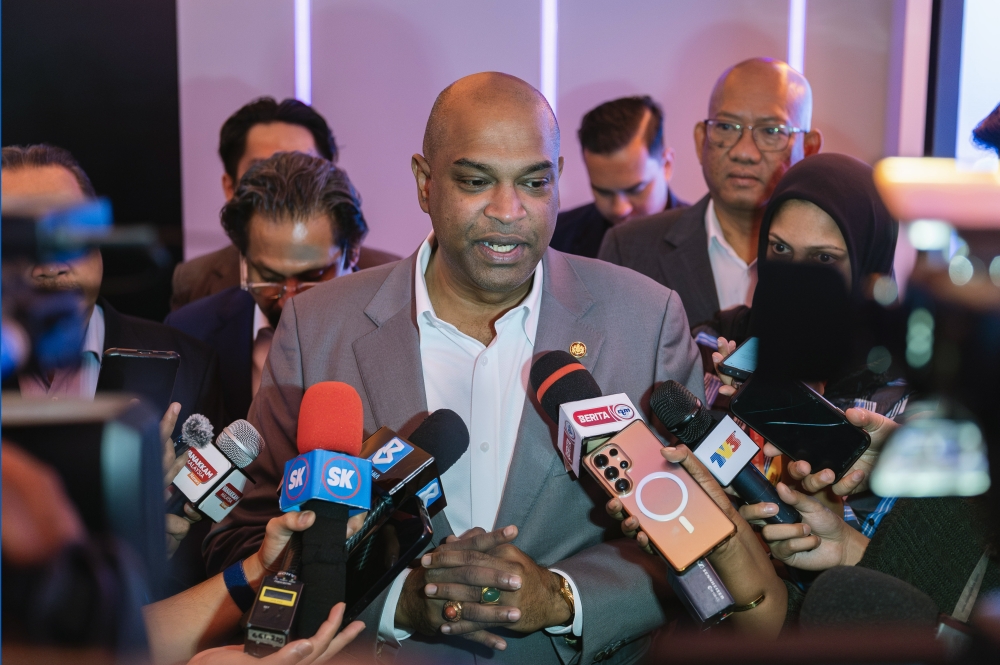KUALA LUMPUR, Aug 1 — Malaysian authorities are investigating if Datuk Seri Najib Razak’s administration had used funds from a China-backed infrastructure programme to help pay debts owed by 1Malaysia Development Berhad (1MDB).
Since being elected to power , Prime Minister Tun Dr Mahathir Mohamad has frozen over US$20 billion (RM80 billion) in Malaysian infrastructure projects that are part of China’s One Belt One Road initiative, saying the contract values appeared to be inflated.
“Now, Mahathir’s government suspects cash intended for the projects was diverted through offshore shell companies and used to pay nearly US$700 million (RM2.8 billion) of debt owed by 1Malaysia Development Bhd,” the Wall Street Journal (WSJ) said in a report, quoting two government officials involved in reviewing the projects.
Malaysian officials are focusing on a US$2.5 billion (RM10 billion) agreement signed in November 2016 in which state-owned China Petroleum Pipeline Bureau, a subsidiary of China National Petroleum Corp, would build a series of petrochemical and gas pipelines on Malaysia’s main peninsula and in the state of Sabah on Borneo island.
About 13 per cent of the pipeline project has been completed, but it is now on hold pending investigations.
The 1MDB fund still has debt of around US$8 billion (RM32 billion).
The Ministry of Finance (MOF) said it had paid China Petroleum over US$2 billion (RM8 billion), drawing largely on loans from Export-Import Bank of China.
The government suspects money from the project was used to pay debts for 1MDB, which is being investigated for graft in several countries including the US, the WSJ report added.
“Chinese companies may be involved in round tripping of major infrastructure projects in Malaysia that siphons off funds from these projects to help 1MDB,” the WSJ said quoting Finance Minister Lim Guan Eng.
Malaysia, which is in a bind to repay billions of dollars to Chinese banks that financed the projects, is demanding that Beijing agree to restructure the terms.
On Tuesday, Chinese Foreign Minister Wang Yi visited Kuala Lumpur, the latest in a diplomatic attempt aimed at working out a compromise.
In mid-July, Tun Daim Zainuddin, the chairman of Dr Mahathir’s Council of Eminent Persons (CEP) who is leading investigations into the matter, laid out Malaysia’s concerns about the loans in a meeting with China’s Premier Li Keqiang in Beijing.
Dr Mahathir is scheduled to meet President Xi Jinping in Beijing in August.
China’s Belt and Road initiative has been used to compete with US influence in Asia, helping build infrastructure projects when the US has scaled back development aid.
But China’s infrastructure push also has been mired by corruption allegations in some countries. However, China has denied a role in any such corruption.
A former Malaysian official who worked in the prime minister’s office told WSJ that Jho Low, a Malaysian financier who investigators say was involved in 1MDB schemes, played a pivotal role in negotiating the pipeline deal and other Malaysia-China infrastructure projects. Low has denied any wrongdoing.

